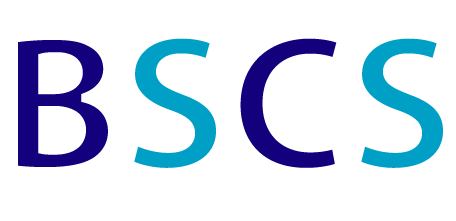ISO/IEC 17025:2017 General Requirements for the Competence of Testing and Calibration Laboratories
General requirements for the competence of testing and calibration laboratories is the main ISO standard used by testing and calibration laboratories. In most major countries, ISO/IEC 17025 is the standard for which most labs must hold accreditation in order to be deemed technically competent.
ISO/IEC 17025 is applicable to all organizations performing laboratory activities, regardless of the number of personnel.
Requirements of ISO/IEC 17025
• Clause 4 General requirements
• Clause 5 Structural requirements
• Clause 6 Resource requirements
• Clause 7 Process requirements
• Clause 8 Management system requirements
Benefits of ISO/IEC 17025
• Enables laboratories to demonstrate that they operate competently and generate valid results, thereby promoting confidence in their work both nationally and around the world.
• Helps facilitate cooperation between laboratories and other bodies by generating wider acceptance of results between countries.
• Test reports and certificates can be accepted from one country to another without the need for further testing, which, in turn, improves international trade
How can BSCS assist you?
We provide ISO/IEC 17025 standard training and consultancy services. We offer specialized expertise and extensive practical experience to assist client in developing management systems from the initial concept to establishment and successful implementation of the management systems.
We use the following consultation approach to assist you in achieving certification:
1. Identify areas requiring improvement or development within your current Management System
2. Prepare a strategic action plan, in conjunction with your company personnel, to address those improvement areas and assist with the communication of these requirements to key personnel at all levels
3. Provide system-related trainings for your company personnel to create awareness and provide them with the necessary knowledge and skills in the implementation of systems
4. Provide assistance and advice on the development and implementation of systems, including preparation of documentation
5. Advise and assist, if required, with the preparation and submission of applications to your certification body
6. Assist with the development of internal auditing procedures and training

